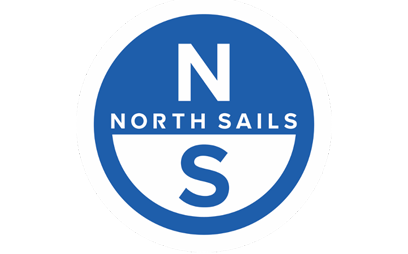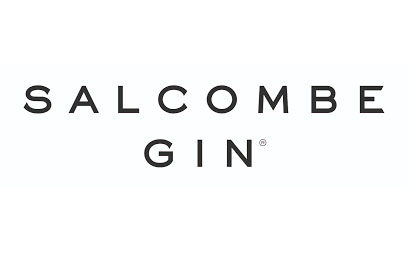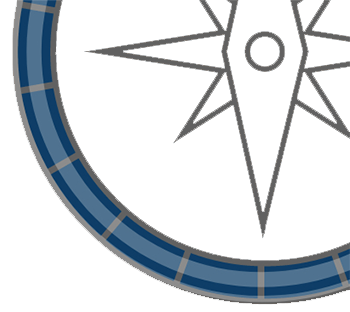
IRC European Double Handed Championship - Preview


This year’s IRC European Double Handed Championship will be decided over 750 miles of racing across two challenging long offshore races. French competitors vastly outnumbered all others for the inaugural edition last year. However, this year the tables have turned, with the British in the ascendancy, with almost double last year’s numbers entered.
Didier Gaudoux and Gildas Morvan, who emerged as clear winners last year with back-to-back race wins on Lan Ael 3, are not returning to defend their title. Neither are the JPK10.10s that took places two and four. However, another 1010, Jean-André Hebel’s Les P'tits Doudous en Duo, was third last year and only two points short of taking the runners up position. This was followed by winning IRC Two-Handed in the Rolex Fastnet Race.
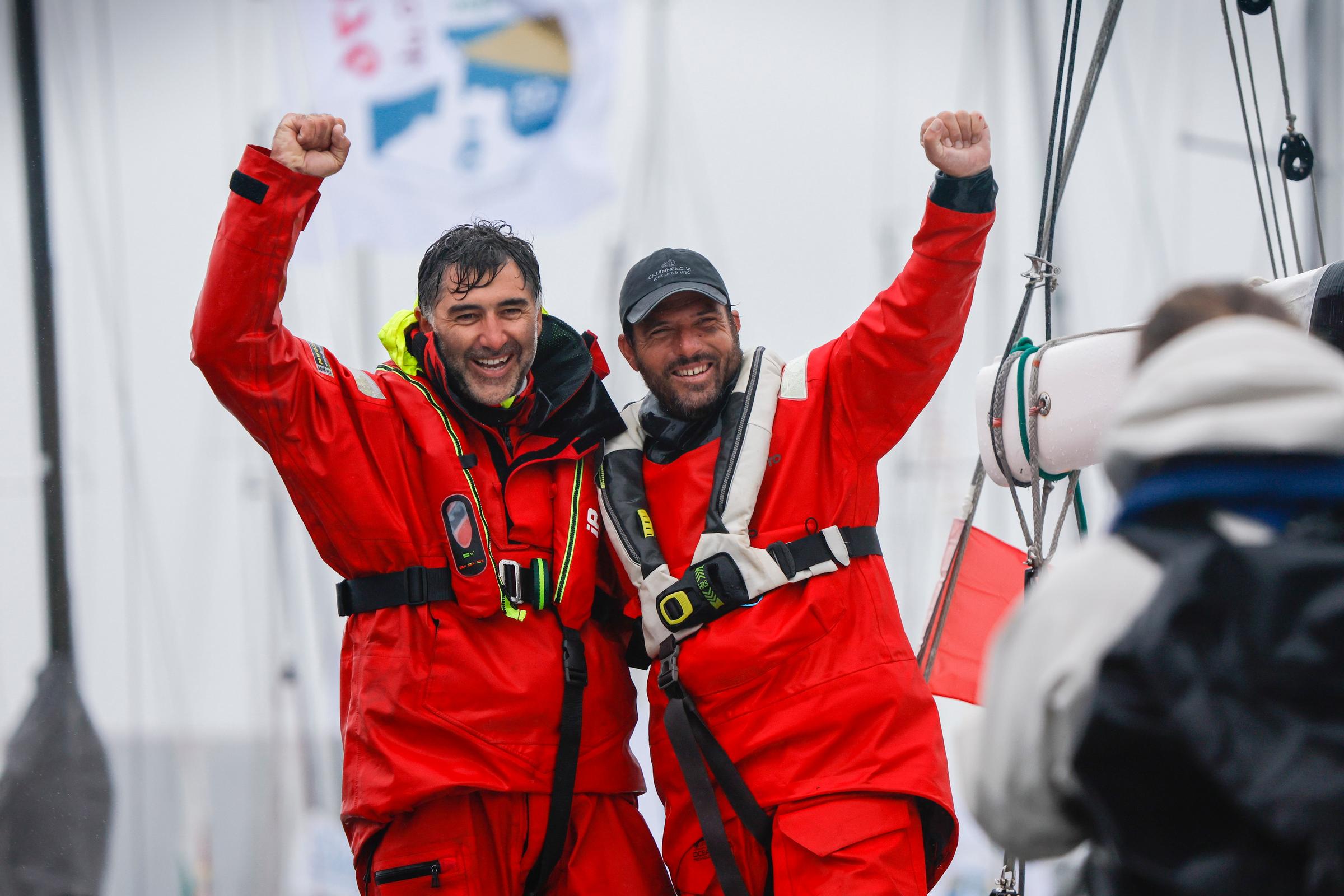 Jean-André Hebel with Jerome Aubert © Paul Wyeth/RORC
Jean-André Hebel with Jerome Aubert © Paul Wyeth/RORC
Les P'tits Doudous en Duo has been renamed Abracadabra ² and once again raced by Jean-André Hebel with Jerome Aubert, they will be a tough boat to beat.
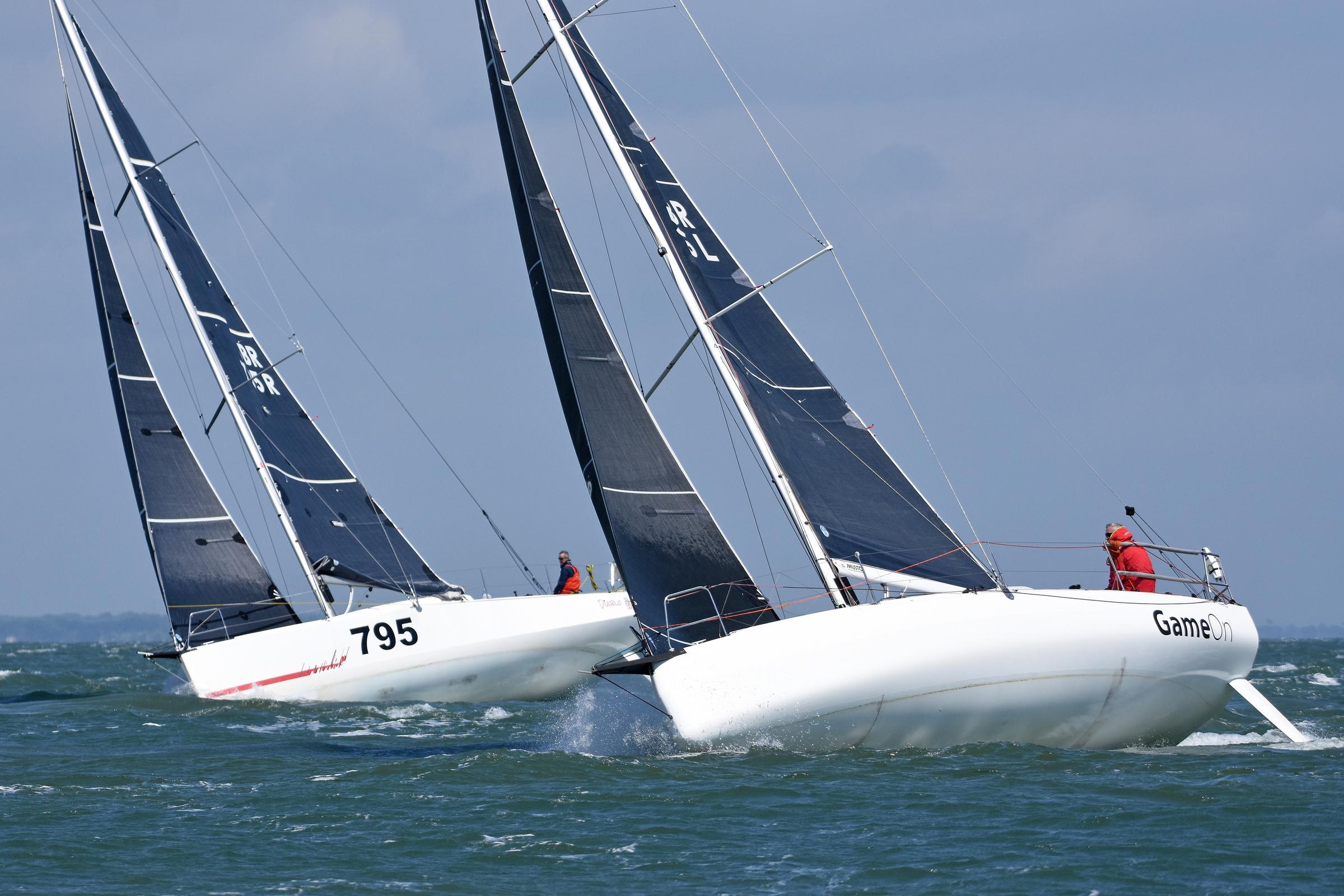 Sun Fast 3600 Diablo and Sunfast 3300 Game On locking horns © Rick Tomlinson/RORC
Sun Fast 3600 Diablo and Sunfast 3300 Game On locking horns © Rick Tomlinson/RORC
Nick Martin’s Sun Fast 3600 Diablo was the top-placed non-French competitor last year, with a performance including third place after IRC time correction in the Cowes - Dinard - St Malo race. “The level of competition in the UK is tremendous, with boats like Bellino, Cora, GameOn, and others I could mention,” he says. “But the appeal of the double handed Europeans is that it pitches you against an even higher level of competition internationally, racing against some well-known names with well managed crews and boats. If you do well in this, you’re doing very, very well. It's something to aspire to and something that we're very excited about."
This year Martin is again sailing with Cal Finlayson as co-skipper. “We've had three-plus years together, and we're learning and improving all the time,” Martin says. “He and I work very well together, and he’s a very good sailor – he and Maggie Adamson have just been selected for Team GBR by the RYA as the A team to compete in the Double-Handed World Championship."
.jpg) Sun Fast 3600 Bellino © Paul Wyeth/RORC
Sun Fast 3600 Bellino © Paul Wyeth/RORC
Other hot contenders include Rob Craigie and RORC Commodore Deb Fish on the Sun Fast 3600 Bellino, straight from winning the double handed class in a particularly challenging edition of the 705-mile SSE Renewables Round Ireland Race. Bellino also holds a comfortable lead in the RORC Season’s Points Championship after nine races sailed to date.
.jpg) Sun Fast 3300 Red Ruby © Paul Wyeth/RORC
Sun Fast 3300 Red Ruby © Paul Wyeth/RORC
Another boat to watch is Red Ruby, the Sun Fast 3300 owned by Chris and Justin Wolfe and Jonathan McKee, from the Pacific North West. She was sailed in last year’s Double Handed IRC European championship, by McKee and Alyosha Strum-Palerm. They finished as the second non-French boat, just three points behind Diablo.
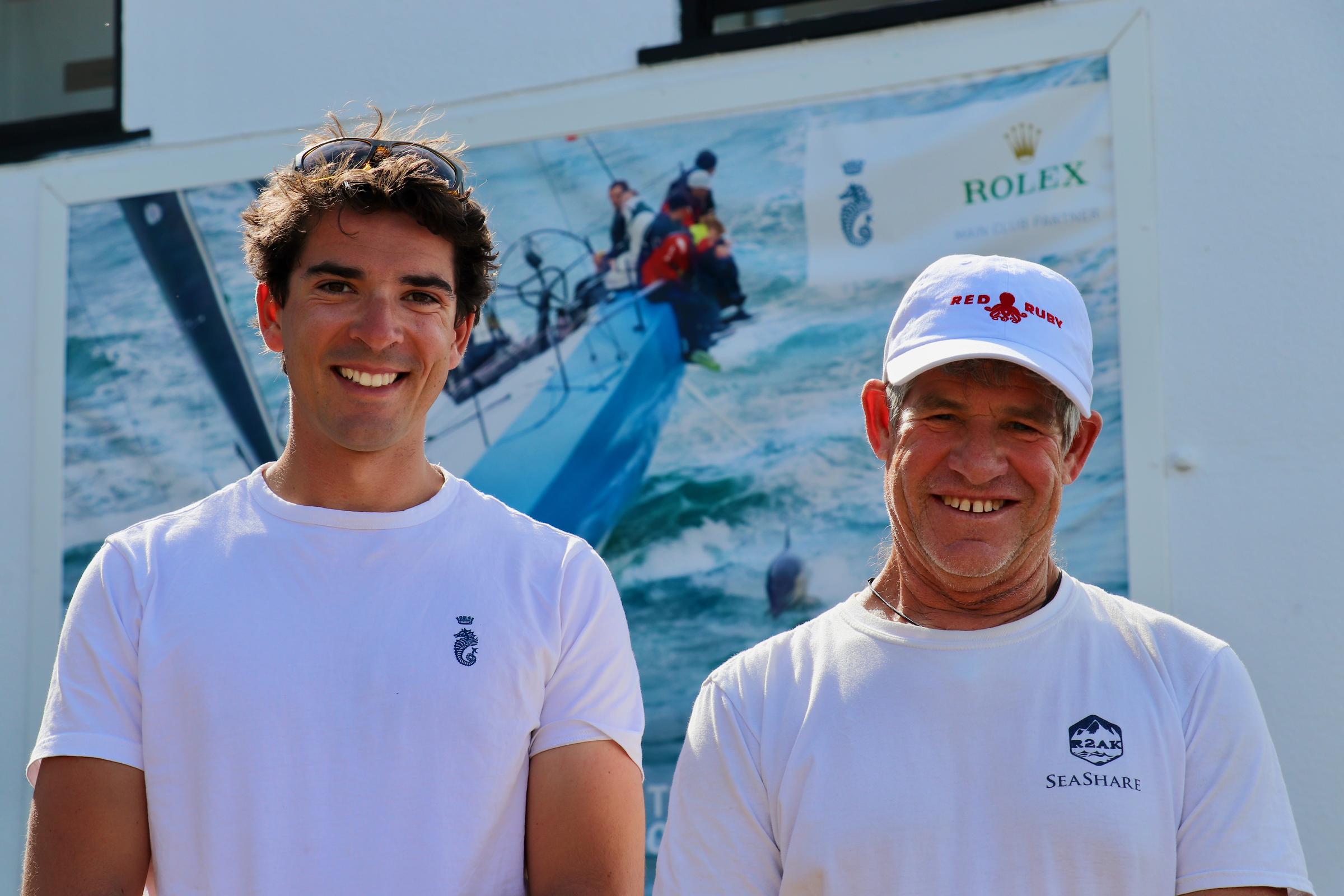 Johnathan McKee and Alyosha Strum-Palerm © Louay Habib/RORC
Johnathan McKee and Alyosha Strum-Palerm © Louay Habib/RORC
“The championship was a really challenging combination of the two races, in a really interesting part of the world to sail,” McKee said at the conclusion of last year’s championship. “It's pretty clear the French have been doing this for a lot longer and are at a bit higher level than the rest of us. Their top boats are really well sailed, very, very well prepared, and they know those waters very well. One of the reasons we did these races was to put ourselves against what we consider to be the toughest double-handed sailors in the world. The fleet was fantastic.”
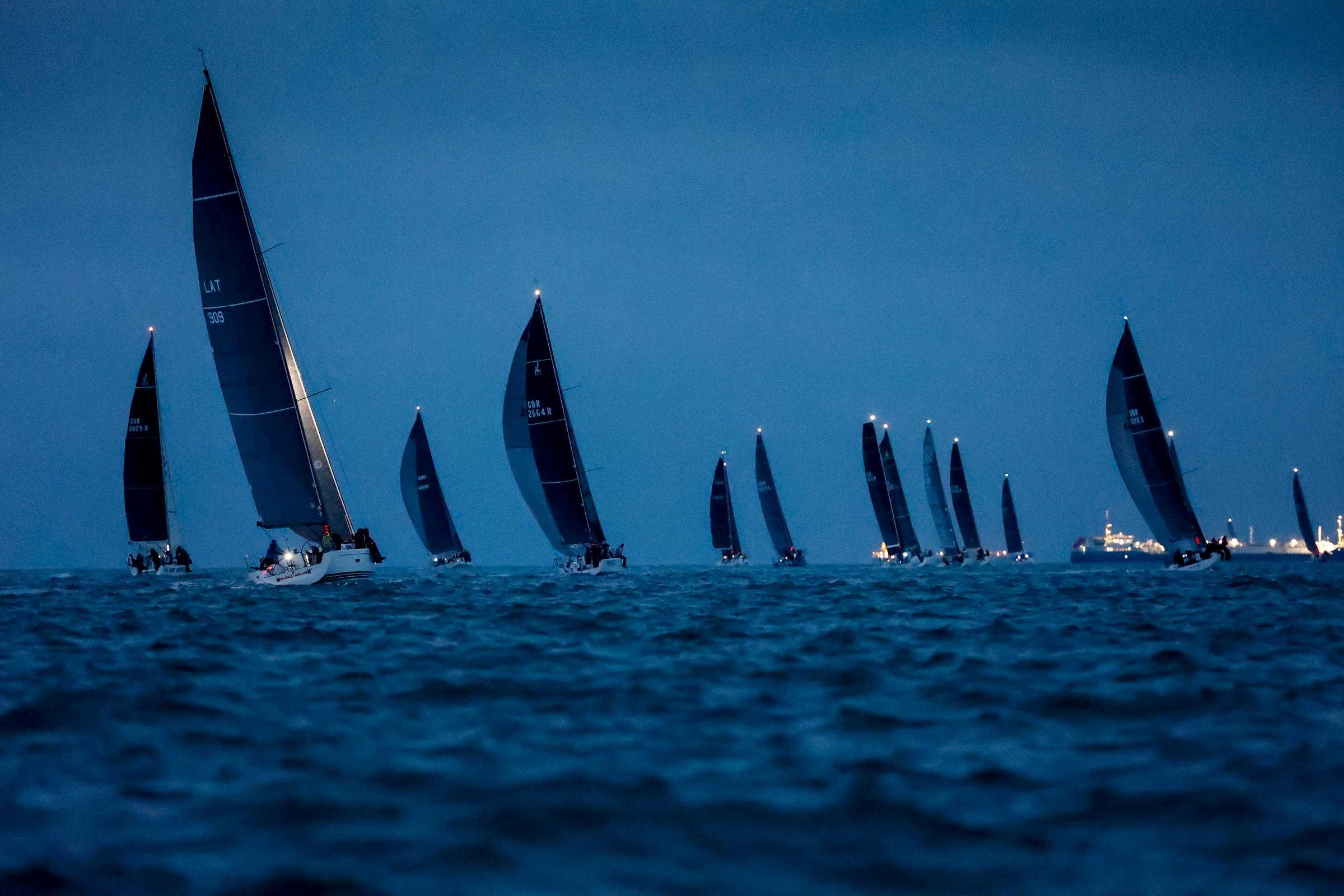 RORC Fleet leaving The Solent © RORC
RORC Fleet leaving The Solent © RORC
This year the first race is the 150 mile RORC Cowes - Dinard - St Malo, starting on Friday, July 5. The course takes the fleet through the western Solent and the Needles before crossing the Channel to the west of Alderney, the Casquets lighthouse, and Guernsey.
That’s followed by the Drheam Cup, which is now an important biennial event in the French calendar, with growing public interest, having gained in popularity over the past few years. Three different courses are set, with the intention of bringing the diverse fleets into the finish at around the same time. The biggest trimarans will sail 1,500 miles, while the Multi 2000 division and Class 40s cover 1,000 miles. IRC boats, of which 53 are entered across the double handed and fully crewed fleets, will sail a 600-mile course, along with the 10 Sun Fast 30 One Designs entered.
After leaving Cherbourg, these smaller monohulls will cross the English Channel and leave the West Shambles buoy to port, before passing the tidal gate at Portland Bill and heading west to Wolf Rock, just before Land's End. From there, they will round a waypoint to the southwest of the shipping lanes off Ushant before dropping down to a mark west of Les Sables d’Olonne and then head north to the finish at the south Breton port of La Trinité sur Mer.
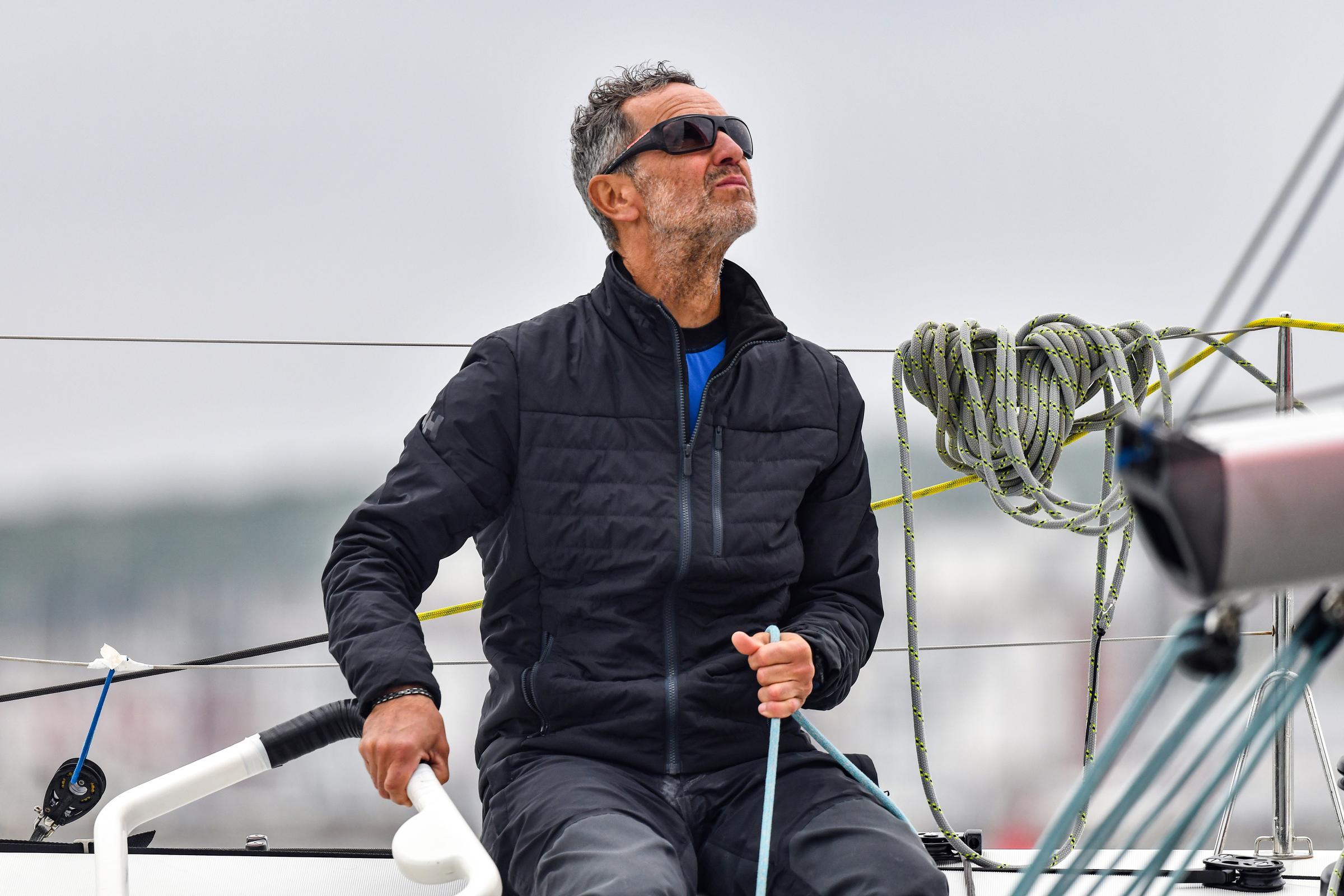 Diablo's Nick Martin © James Tomlinson/RORC
Diablo's Nick Martin © James Tomlinson/RORC
What will it take to win? “It's a normal combination of things, preparation, belief, and going out there with an attitude to do as best as we possibly can and not take stupid risks, but equally keep pushing hard 24 hours a day,” says Diablo’s Nick Martin. “When you get to the more offshore components, it's just then working hard, sticking to your plan, adapting as things change with the weather.”
Report by Rupert Holmes

